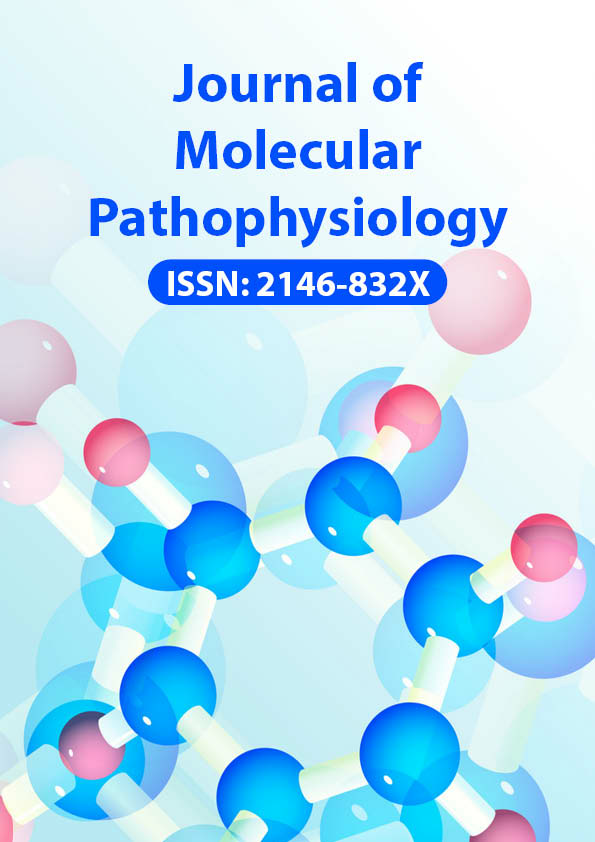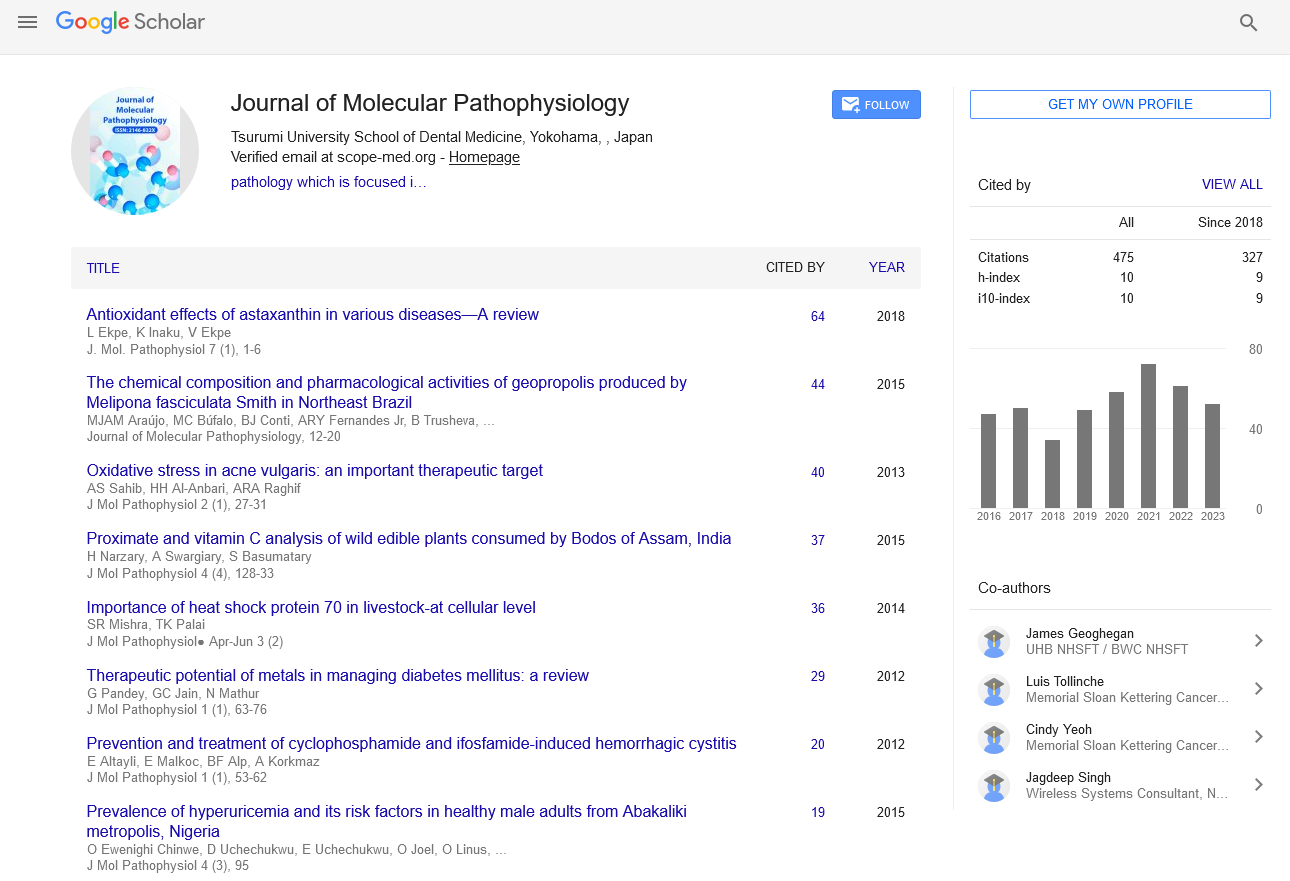Cytotoxic effects of conjugated linoleic acids on human hepatoma cancer cells (HepG2)
Abstract
Achenef Melaku, Arifah Abdul Kadir, Fauziah Othman, Goh Yong Meng, Awis Qurni Sazili
Conjugated linoleic acids (CLAs) are group of polyunsaturated fatty acids that attract considerable attention due to their anticarcinogenic effects. In this study, the viability, apoptosis and cell cycle status of human hepatoma cells (HepG2) following treatment with cis-9,trans-11(c9,t11), trans10,cis-12 (t10,c12) and mixed isomers of CLA were investigated. Cells were grown routinely on RPMI 1640 media and treated with different concentrations of CLA isomers for 72 hours. 3-(4, 5- dimethylthiazol-2-yl)-2, 5-diphenyltetrazolium bromide (MTT) cytotoxicity assay, acridine orange/propidium iodide (AO/PI) staining and terminal deoxynucleotide transferase deoxyuridine triphosphate nick end labeling (TUNEL) assay were used to determine the results. The viability of HepG2 cells was reduced significantly (P < 0.05) by all CLA isomers tested in a dose-dependent manner. The median inhibitory concentration (IC50) value varies with type of CLA isomer. Mixed isomers were significantly (P < 0.05) more potent than c9, t11 CLA isomer. All CLA isomers tested were able to induce characteristic apoptotic changes and significant (P < 0.05) proportion of apoptosis. Significantly (P < 0.05) higher proportion of cells in G0/1 and lower proportion in G2/M phases of the cell cycle in treated cells were also observed. Therefore, results suggested that CLA isomers reduce viability and proliferation of HepG2 cancer cells in relation with cell cycle arrest and induction of apoptosis.
PDF






